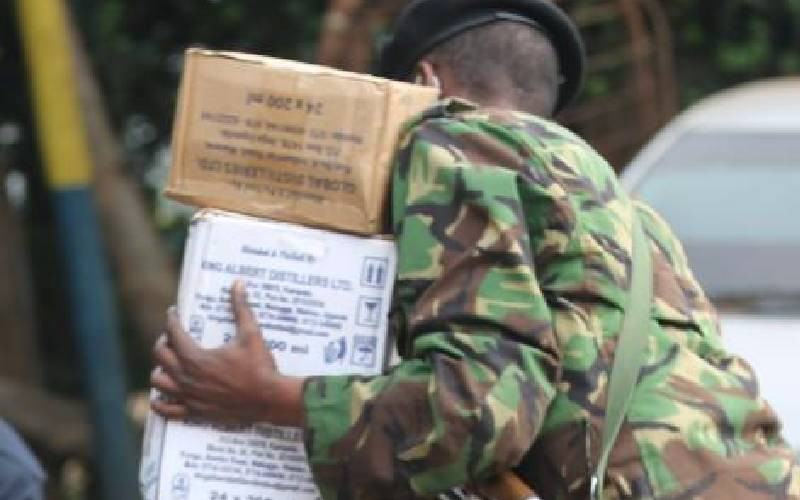×
The Standard e-Paper
Stay Informed, Even Offline

Counterfeit goods worth 3 million seized in a shop at Kamkunji area in Eldoret, Uasin Gishu County on September 27, 2021. [Peter Ochieng, Standard]
With the cost of all goods having shot up substantially and everyone bargain-hunting, what might seem like a good deal could be a poisoned chalice.